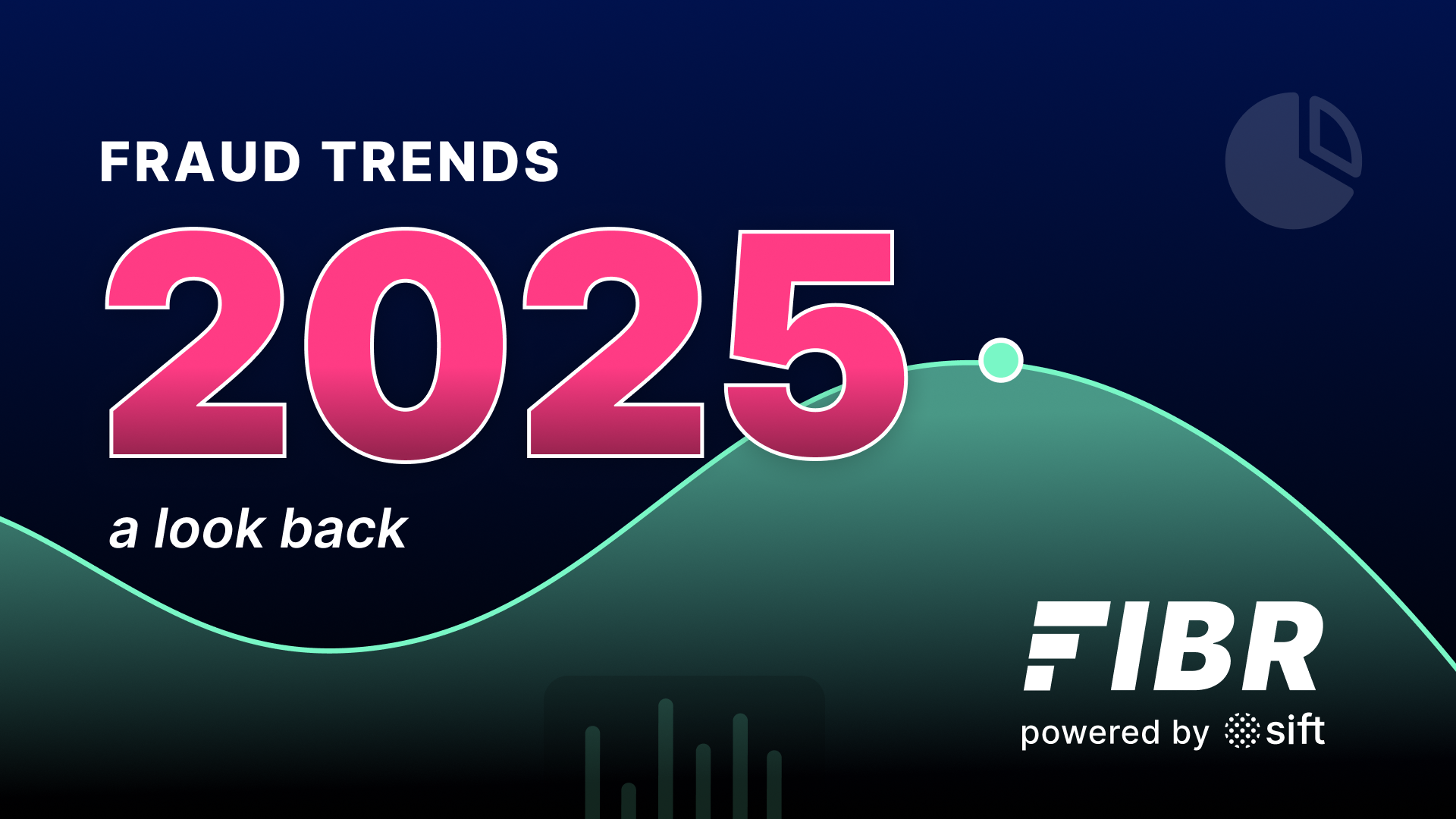Online dating has been growing in popularity for years, and the increased isolation during the COVID-19 pandemic has even more singles turning to dating apps to find love. Unfortunately, fraudsters are also turning to online dating—to find their next victim. Since the start of the pandemic, fraudsters have reimagined how they can use the popularity of new technology and alternative payments to level up romance scams on online dating sites. And research shows they’re succeeding—the FTC reported that romance scams cost consumers a record $547 million in 2021, up nearly 80% from 2020.
But there’s another type of fraud growing even more rapidly—cryptocurrency scams. Chainalysis reported that consumers lost a whopping $7.7 billion to crypto scams in 2021, an astonishing 81% spike compared to 2020. A general lack of consumer education around crypto is partially to blame, with people new to the space especially vulnerable to misinformation, and prone to falling for sketchy investment practices in the hopes of striking digital gold.
As a Trust and Safety Architect dedicated to investigating rising fraud trends, I’ve developed a special interest in how fraudsters are taking the most successful elements of fraud schemes to devise new, mutated tactics with destructive potential. One such scam has recently been brought to light and is ringing alarm bells here at Sift. Spawning from the worst of two scams, an elaborate fraud ring has emerged that combines the intimacy of romance scams with the wild west of crypto cons: Pig Butchering. Appearing to originate in China, the fraud ring targets dating sites and victims all around the world.
In this scam, the victims are referred to as pigs being prepared for slaughter—they’re raised for their meaty profit under the promise of “happily ever after” and big crypto wins. In reality, the victims are everyday people who are left financially and emotionally devastated. The cybercriminals operating this long con spend months gaining online daters’ trust, using romance and the lure of fast crypto returns to swindle victims out of their savings and cause sometimes irreparable financial harm, on top of lasting emotional and psychological trauma.
After hearing about the sophistication and cruelty of this scam, I wanted to understand the inner workings of Pig Butchering and how Sift can help businesses better protect their users from falling prey. And what better way to get an intimate look at a scam than to set myself up as bait—or in this case, sacrificial bacon. Channeling my experience working as a former private investigator, along with my expertise in fraud and misinformation, I joined a variety of dating apps under a pseudonym to sniff out these malicious accounts.







